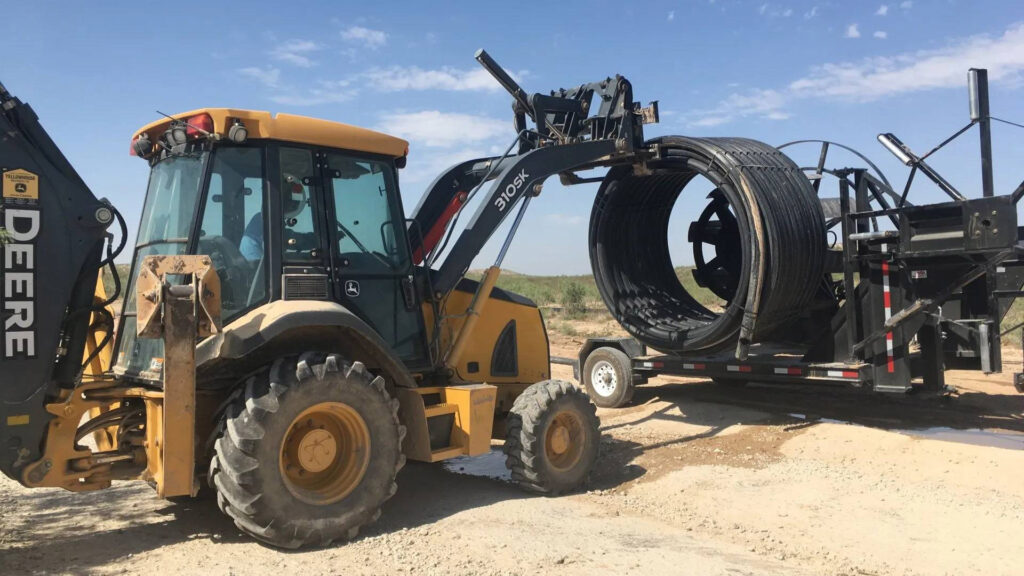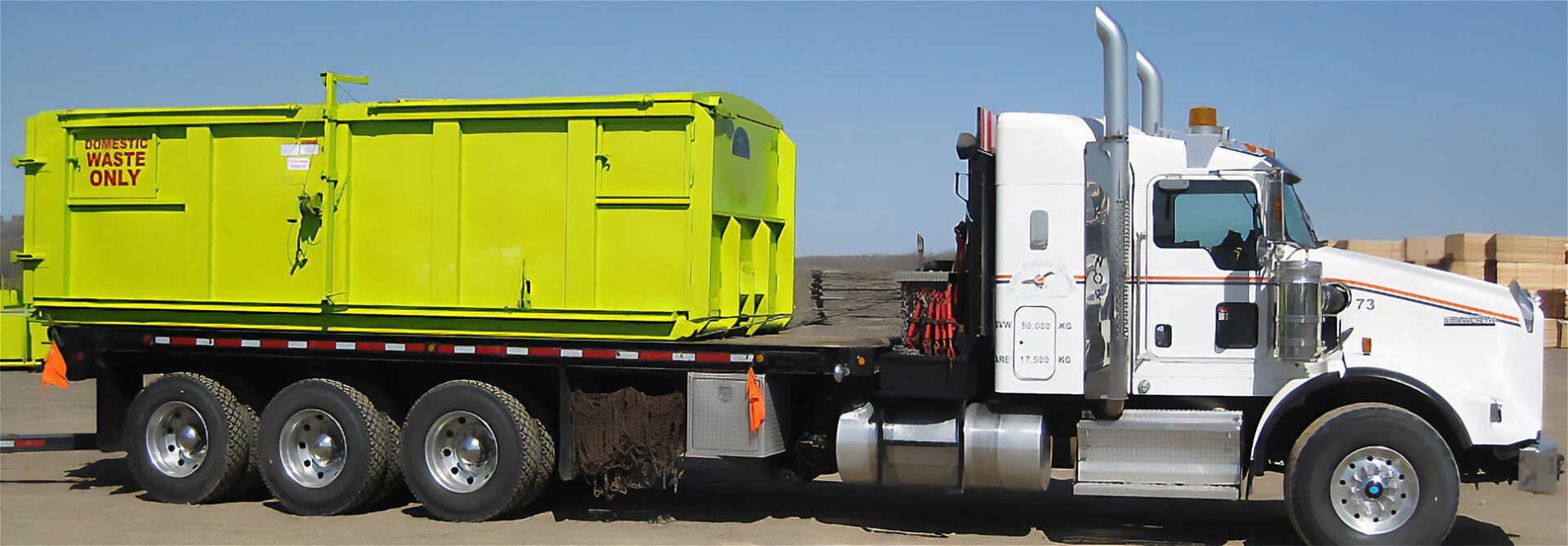Superior Rentals midland: regional advantage for oil and gas
A Comprehensive Guide to the Numerous Kinds of Oil Field Equipment and Pipeline Equipment Available
The oil and gas industry depends greatly on customized devices for efficient removal and transport. Numerous kinds of equipment, from piercing rigs to tank, play crucial functions in this complex procedure. Each item of equipment offers unique functions that add to overall operational success. Comprehending these parts is important for any person associated with the sector. As the sector progresses, so also do the technologies that sustain it. What improvements are on the horizon?

Drilling Rigs: The Foundation of Oil Exploration
Drilling rigs act as the important machinery in the domain of oil exploration, allowing business to accessibility hydrocarbon books hidden deep underneath the Planet's surface. These rigs can be found in various types, including land rigs, offshore rigs, and mobile units, each made to operate in particular atmospheres. Equipped with innovative innovation, drilling rigs can penetrate geological developments with precision, ensuring reliable source removal. The structural stability and functional abilities of these rigs are essential, as they need to endure extreme conditions and considerable pressures. Furthermore, the option of a boring rig impacts the general project expense and timeline, making it an important consideration for oil companies seeking to maximize their expedition initiatives and optimize productivity in their procedures.
Pumps: Essential for Fluid Movement
In the oil removal procedure, the role of pumps is substantial, assisting in the movement of fluids throughout different stages of production. Pumps are essential for carrying unrefined oil, water, and various other liquids from underground tanks to the surface area and afterwards with pipelines to refineries. They can be found in numerous kinds, consisting of centrifugal, positive displacement, and submersible pumps, each serving certain purposes based on the liquid qualities and operational requirements. Centrifugal pumps are frequently made use of for their efficiency in high-flow applications, while favorable displacement pumps master dealing with thick fluids. The option of pump impacts total efficiency, operational safety, and upkeep expenses. Proper choice and maintenance of pumps are important for optimizing production and reducing downtime in oil field operations.
Shutoffs: Managing Circulation and Pressure

Valves play a vital role in handling the circulation and stress of fluids within oil fields and pipelines. Numerous kinds of valves serve unique applications, each designed to fulfill particular functions fundamental for reliable procedure - Superior Rentals fusion machines. Comprehending the qualities and uses these shutoffs is vital for enhancing system efficiency and security
Kinds of Valves
Necessary parts in oil area operations, valves play an essential function in regulating the circulation and stress of fluids within pipes and devices. Different sorts of valves are utilized to satisfy the varied requirements of oil and gas production. Common types consist of entrance shutoffs, which give a straight-line flow and very little stress drop; world shutoffs, known for their strangling capacities; and round shutoffs, recognized for their quick on/off control. In addition, check shutoffs stop heartburn, while butterfly shutoffs provide a lightweight solution for managing flow. Each shutoff kind is made with certain products and setups to endure the harsh conditions usually found in oil fields, ensuring dependability and performance in operations. Recognizing these types is critical for efficient system administration.
Valve Applications and Features
While various kinds of valves serve distinctive functions, their primary applications focus on managing circulation and pressure within oil and gas systems. Shutoffs such as entrance, world, and ball shutoffs regulate liquid motion, ensuring peak efficiency and safety. Gateway shutoffs are commonly used for on/off control, providing marginal flow resistance. World shutoffs, on the other hand, deal accurate circulation regulation, making them ideal for throttling applications. Round valves are favored for their fast operation and tight securing capabilities. In enhancement, pressure safety valve are vital for preventing system overpressure, securing tools integrity. Generally, the ideal selection and application of shutoffs boost operational effectiveness, making certain the dependable transportation of oil and gas via pipelines and processing centers.
Compressors: Enhancing Gas Transportation
Compressors play an important function in the reliable transportation of natural gas, making sure that it relocates efficiently through pipelines over fars away. These tools enhance the stress of gas, allowing it to conquer friction and altitude adjustments within the pipeline system. In addition, compressors facilitate the balancing of supply and demand, fitting changes in usage and manufacturing rates. Various types of compressors are employed in the industry, including centrifugal, reciprocating, and rotary screw compressors, each offering distinct advantages based on the operational demands. Regular maintenance of these compressors is important to maximize performance and minimize downtime, inevitably adding to a reputable gas transportation network. Their essential feature emphasizes the relevance of compressors in the total oil and gas framework.
Storage Tanks: Safe and Effective Fluid Administration
Efficient transport of natural gas depends on numerous support group, one of which is the proper monitoring of tank. These containers play an essential role in safely having liquids, guaranteeing that operational performance is preserved while reducing environmental threats. Constructed from durable products, they are developed to endure high stress and destructive elements. Effectively sized and tactically located, tank assist in the smooth flow of all-natural gas and other liquids, stopping bottlenecks in supply chains. Routine maintenance and surveillance are necessary replacing water main to house to discover leakages or architectural problems, advertising security and conformity with regulative criteria. Eventually, the reliable administration of storage space tanks is essential for the total stability and integrity of the oil and gas industry's liquid handling systems.
Pipeline Systems: Facilities for Transport
Pipeline Find Out More systems function as the foundation of the oil and gas sector, helping with the reliable transportation of hydrocarbons over substantial distances. These systems include various elements, consisting of pipelines, valves, pumps, and compressors, all thoroughly made to guarantee smooth circulation. The materials made use of in pipeline construction, commonly steel or high-density polyethylene, are picked for resilience and resistance to rust. Pipeline networks can span across land and water, linking manufacturing websites to refineries and circulation facilities. In addition, progressed technology enables real-time tracking of circulation prices and stress levels, boosting functional efficiency. The strategic placement of these pipelines reduces environmental effect while maximizing resource access, thereby playing a vital function in meeting energy demands worldwide.
Security Equipment: Guaranteeing Worker and Environmental Security
The operation of pipeline systems, while crucial for energy transport, additionally offers substantial security difficulties for workers and the environment. Safety tools plays a substantial duty in mitigating these risks. Individual safety devices (PPE) such as helmets, gloves, and non-slip shoes safeguards employees from physical hazards. Furthermore, gas detection systems check for leakages, making sure that damaging compounds do not pose a danger to workers or the surrounding ecological community. Emergency situation shutdown systems are important for quickly halting operations throughout a dilemma, preventing possible catastrophes. Spill containment products, including absorbents and obstacles, are essential for decreasing environmental influence. Generally, purchasing comprehensive safety tools is vital for maintaining functional integrity and securing both workers and the atmosphere in the oil and gas industry.

Frequently Asked Concerns
Exactly how Do I Select the Right Oil Field Equipment for My Task?
Picking the best oil field tools includes evaluating job specs, budget plan restraints, and functional demands. Consider factors such as devices dependability, compatibility with existing systems, and the vendor's online reputation to assure peak efficiency and security.
What Are the Maintenance Demands for Oil Field Equipment?
Maintenance requirements for oil area equipment include regular inspections, lubrication, and prompt fixings. Operators needs to additionally comply with maker guidelines, monitor efficiency metrics, and assurance compliance with safety and security laws to improve durability and efficiency.

How Can I Make Sure Conformity With Environmental Regulations?
To ensure compliance with ecological regulations, business have to conduct routine audits, carry out best practices, spend in training, keep proper documentation, and stay upgraded on regulation (Superior Rentals near me). Cooperation with ecological agencies can also improve adherence to guidelines
What Is the Typical Life-span of Pipeline Equipment?
The ordinary life-span of pipeline equipment generally ranges from 20 to 50 years, depending upon elements such as worldly my latest blog post top quality, ecological problems, and upkeep methods. Routine assessments can considerably affect durability and operational effectiveness.
Exactly how Do I Safely Move Oil Field Equipment to Remote Locations?
Transporting oil field tools to remote areas calls for cautious planning, including route assessment, safeguarding authorizations, making use of proper automobiles, and ensuring safety and security methods are adhered to. Appropriate training and communication amongst staffs are necessary for effective transportation.